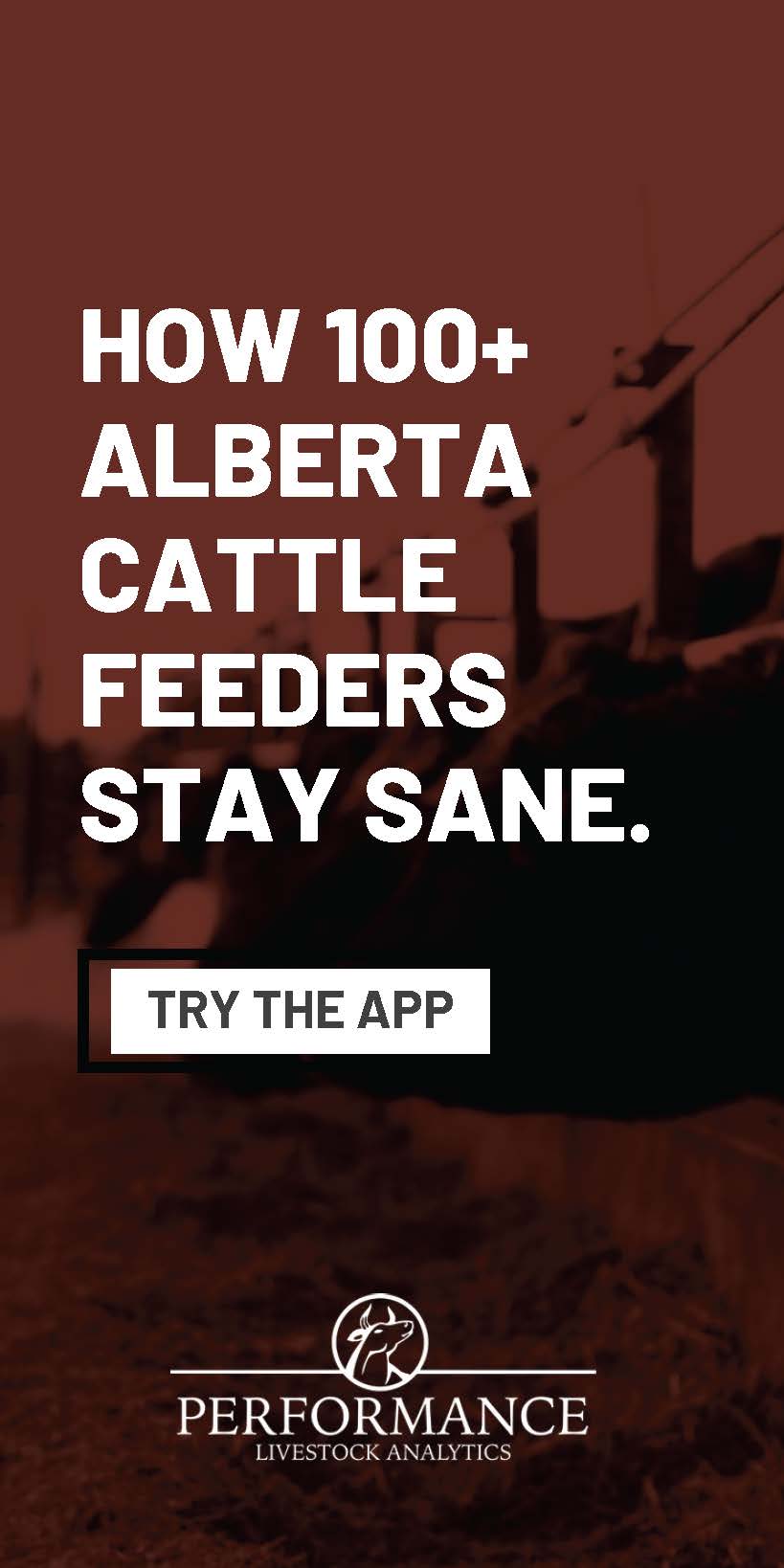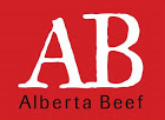Much has been written about the US Country of Origin Labeling (COOL) legislation and its impact on the Canadian livestock industry. Millions of producer dollars have been spent on lawyers and lobbyists fighting this protectionist scheme. And bureaucrats and politicians on both sides have engaged in relentless strategic gamesmanship to win the case. But after ten years of wrestling with the issue, one does wonder what was this supposed to be all about – particularly for the Americans.
Recent events give some hope that the issue may be resolved, but that will depend on further political tactics and which country will blink first. The first event was the World Trade Organization (WTO) decision on COOL that for the third time confirmed the economic harm done to traditional Canadian cattle and hog exports to the US. That’s caused Federal Ag Minister Ritz to threaten a bombardment of high retaliatory tariffs on American imports if the US does not rescind the offending COOL legislation. More power to him – he’ll need it – being it’s not entirely clear whether the Minister actually has the unfettered support of his cabinet colleagues to actually impose such retaliatory tariffs. That’s because Canada tends to be a paper tiger when it comes to pulling any retaliatory trigger. The Canadian approach is to avoid upsetting our trading partners, even when Canada is in the right. Remember the softwood lumber issue.
Formally imposing retaliatory tariffs would also involve departments like Trade, Revenue, External Affairs and the Canada Border Services Agency. I expect none of those folks are looking for more work, and their respective Ministers probably see no political upside to an issue that they consider a minor rural concern. The reality being that there are more city consumers that vote than cattle producers – the political math is easy. Urban media comments are circulating that retaliatory high tariffs will end up being paid for by Canadian consumers. That’s bad political optics with a federal election within the next two years. One expects that the American bureaucrats and politicians who are directing the COOL issue would know all of this and would be making strategic moves or using delaying tactics to get Canada to blink first.
The event that could change the political manoeuvering is the recent American mid-term election. That saw a more trade-friendly US congress elected and that might provide for a smoother avenue to introduce amendments to COOL that could neutralize its worst impacts on the Canadian livestock industry. A Republican majority in both houses of congress provides for control of the standing committees and that includes agriculture. That will provide an opportunity to attach amendments to other bills to fix COOL. That route would have been derailed if the Democratic Party had stayed in control. That’s how COOL was passed in the first place, it was attached to the US Farm bill. The reality is that COOL itself will not be repealed – that would imply that the politicians that passed it had made a mistake – politicians almost never admit to making mistakes.
Our national cattle and meat industry organizations understand the political reality of COOL and what can be achieved. The best that can be hoped for is that the Americans offer a negotiated suspension of the worst impacts of COOL. That’s essentially what the Canadian industry asked for in the first place. It’s also something the Americans can realistically offer without having to repeal the legislation. However to get to that point American trade bureaucrats will have to accept that with the political change in the US Congress, they will have to change their uncompromising approach to COOL. That’s going to take a lot more lobbying in Washington by the Canadian cattle industry and their American allies. Meanwhile back in Fort Ottawa, the industry at every level will have to keep the Canadian government’s feet to the fire and keep up the pressure to support Minister Ritz and his need to wield a big stick with retaliatory tariffs.
In the end one does ponder how COOL got this far and why the American government so doggedly pursues this cause. As it turns out, the majority of American cattle producers, feedlot operators and meat processors are opposed to COOL; It has caused a significant trade dispute between the USA and its major trading partner; No market analysts have attributed current high cattle prices to COOL; and it has cost the North American cattle, hog and meat processing industry billions of lost dollars. The point being – who was this legislation supposed to benefit? Perhaps the steady decrease in the size of the North American cow herd can be attributed to COOL.
Proponents of COOL maintain that it’s American consumers that will benefit because they will know where their food comes from –no one disputes that right to know – including the WTO decision. But interestingly, despite consumers’ patriotic musings about buying locally produced food – studies have shown that it’s only worth about a 10 per cent premium at the most. Any higher and consumers vote with their wallets and will buy a similar but cheaper product from anywhere else in the world. That’s just human nature and Wal-Mart figured that out 40 years ago. But I digress.
I suppose in a twisted way COOL supports anti-meat lobby groups, animal rights radicals and the usual cabal of enviro crazies who want to destroy modern agriculture. That’s because instead of promoting and defending meat production and consumption against those dark forces, we in North America seem to spend a good chunk of our time and money fighting each other, fending off senseless government regulations and generally shooting ourselves in the foot. Go figure.



